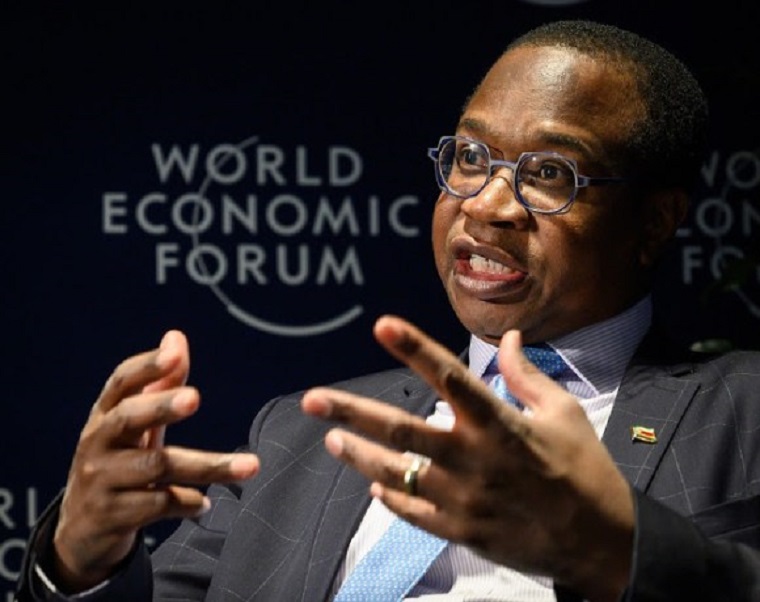You will recall in 2018 that we put in seed money for about $70 million for the Government Pension Fund for civil servants and I am happy to report that the fund is growing and the resources now under the fund amount to about Z$768 million. That is now how far it has grown from $70 million to $768 million. This also includes contributions of course, over the last year but also it includes growth in the value of the assets that the fund is invested in. It has been invested on the stock market, in the money market here and there. So, it is making progress. There is no change in terms of what we owe others in terms of external debt. It is about US$8 billion and then our domestic debt is about Z$12 billion but I must say that in the external debt, we have been making token payments in the usual way and we are continuing to do that but we need, in a sense, to negotiate for that final debt restructuring agreement that we have been working on in terms of our engagement.
The monetary sector is a critical issue. If you look at the growth in money supply, of course it has been going up because some of it is about US dollars being converted at whatever exchange rate into domestic currency, that has been going on but reserve money which is critical in supporting the exchange rate, that has been steady and in fact it has been declining and has been under control so far.
The banking sector Madam President remains strong in terms of the balance sheet; in terms of non-performing loans, those have been declining. One important issue is the exchange rate which I mentioned earlier. We have introduced in our auction system – it is a Dutch auction system which means that you come in and bid. If you bid too high, we cut you off, if you bid too low, we cut you off but there is a range of bids and we honour those bids and we are able to sell you foreign currency at whatever level you have bid within that range. I am happy to say that it has started off well and we have done five auctions so far and the last one was yesterday which rate was about 72.1 and we sold foreign currency to the tune of about US$14. 5 million or so. For the first time, we saw participation from exporters and that is what we want. It should not be just the Central Bank offloading resources on to the market but we want the market itself to offload its own resources into the market so that the market begins to take over the leadership. But, what the auction has done is to give leadership to the foreign exchange market and we have seen some stability and even convergence. That is what we desire because once we have convergence, we have stability that will deal with the pricing system and inflation, then we expect it to drop. Our expectation is that, year-on-year inflation will drop to about 300% between now and December. But, if you take what we call blended inflation, we have allowed for the use of free funds in the market, so those hard currency transactions combined with the domestic currency transaction, the inflation out of that which we call blended inflation is of the order of about 450%, which is lower than the Zimbabwe dollar inflation which is about 735%. Quite clearly, our strategy the COVID- 19 transition period is helping citizens or the whole country to lower inflation.
Clearly, someone who is using US dollars when they are going to the shops, they are facing a different level of inflation pricing compared to someone who is using the Zimbabwe dollars and that is what we are trying to catch because that is our reality on the ground since we allowed this to happen but we expect inflation to go down and we expect the month-on-month inflation to go down as low as about 5% or so by year end.
Continued next page
(323 VIEWS)


